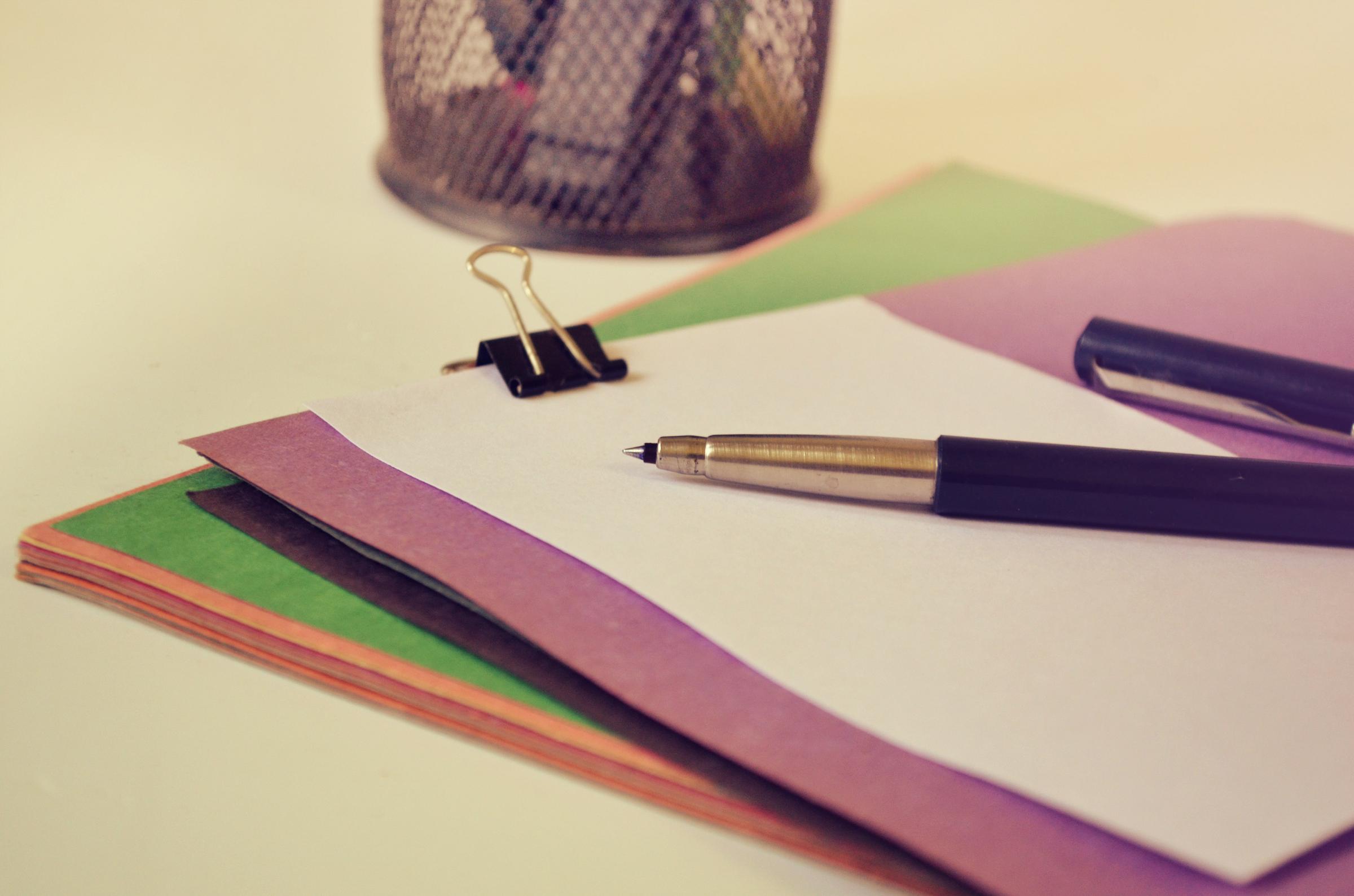Writing Piece Shortlisted
By Kaitlin Weiser - Year 10

Writing Piece Shortlisted
By Kaitlin Weiser - Year 10
At the start of this year, the Year 10 English classes studied Philip Gwynne’s Deadly, Unna? and composed their own short creative pieces to expose a prominent theme found in the text and explore the shared human experience. My short piece Lost Opportunities highlights the theme of acceptance of mediocrity experienced by the individual.
With my piece I composed in English, I was then one of thousands of students across the country in Years 5 to 12 that entered into the Whitlam Institute’s 2022 What Matters? Writing Competition, where students can compose their own 600-word fiction or non-fiction poem or short story on an issue that matters to them. My short story has been shortlisted and is now one of 26 other original pieces in the running to win for the Year 9/10 category out of the previous thousands of entries that were all judged and considered for the shortlist.
In the coming weeks, the judges will decide on and announce a winner and runner-up for each category. One piece will be chosen as the overall winner throughout the whole competition. The Artistic Merit Award will go to the piece with the most outstanding concept and creative use of language, and the Graham Freudenberg award is presented to the student that comments on the most remarkable and relevant political issue to modern Australians.
Link to the 'What Matter’s' Shortlist
https://www.whitlam.org/what-matters-2022-shortlist
---
The stars above twinkled like thousands of Christmas lights, each one a small beacon from some far-off world. The girl—who knelt by her bedroom window, staring out at the stars—remembered the time her science teacher had taught the class that each bright light in the night sky was millions and millions of light years away. And some of them were other planets, home to people and creatures no one had ever seen. The girl rested her chin on her warm hand, the wood of the windowsill smooth against her elbow, and thought about how someone could be staring up from one of those planets right now and might be admiring the beautiful glimmer of her planet.
That night hours passed as she lay awake reading the books on her shelf about the stars and planets and the universe. Although many of the novels remained untouched and covered in a thick layer of dust, the astronomy books had broken spines, bent covers and rips in the corners of their pages. The girl traced her fingers over the drawing of a space shuttle in the oldest of the books. The ink stuck out slightly, and the minute bumps made it easier for her to track the image. Her lips mimicked the words printed on the page next to the portrait of a man in a funny-looking white suit.
“Astronaut,” she whispered to nobody in particular, “a person who is trained to travel in spacecraft.” Her breath fluttered the pages of the books sprawled out upon her bed, the springs digging into her back. The idea of flying up to the sky in a rocket, and swimming amongst the bright lights she could only stare at from her bedroom window, had never felt so appealing.
And that is when she decided her great adventures would be in space.
***
That same girl stares up at that same sky decades later from the veranda of that same house, as she carries a washing basket on her hip. The stars do not seem to twinkle as they used to. Perhaps they are disappointed that she never did manage to have any great adventures—not even ones outside her town—or maybe they are just stars? Perhaps she is just an adult now and does not have the time to romanticise the beauty of exploding spheres of hydrogen and helium. After all, she has far more important things to worry about than the dreams of a silly child.
A shiver runs up her spine as she sets the basket against the ground, the cold grass brushing against the balls of her feet. The damp smell of the clothes overwhelms the pleasant evening air, and she is left with only her thoughts. She does not ponder the life on a far-off planet, the people and creatures no one has ever seen, the possibility someone is admiring her dying planet from far away. Instead, she lists all the things she has yet to do before she goes to bed that night. And none of them are about dreaming of spaceships and astronauts. She never had the opportunity to become an astronaut, and now she never will.
But what does it matter anyway? They are just stars, and she is just human.